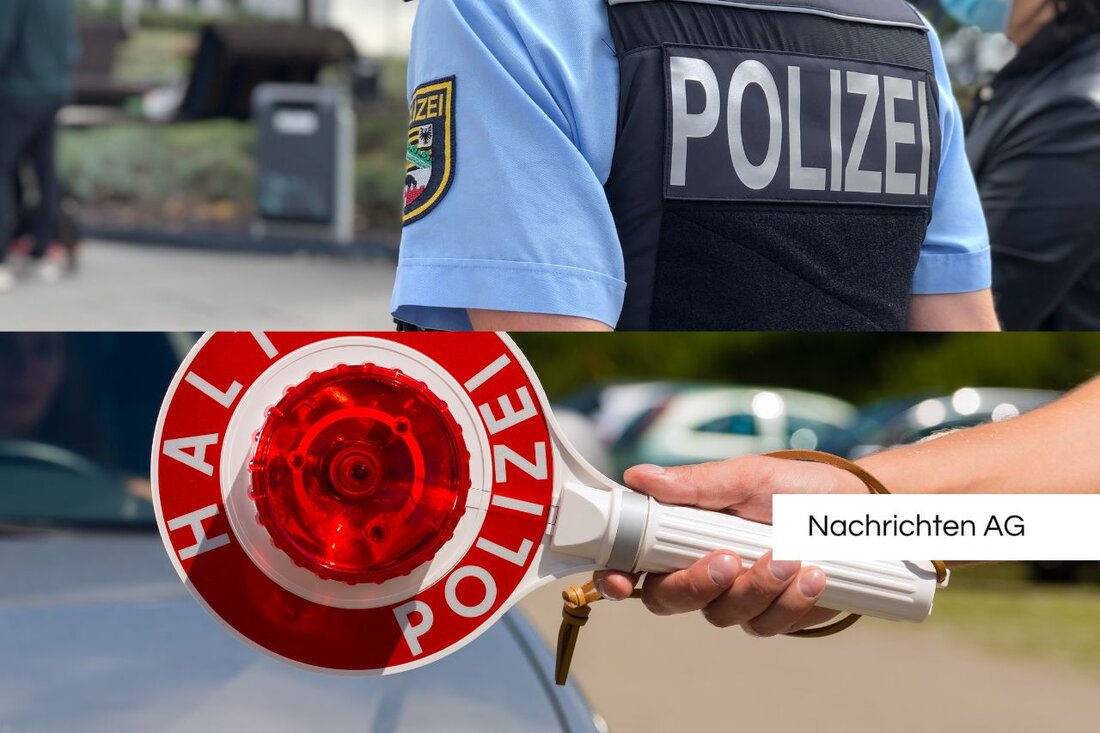An impressive art project in Athens: Empathy for animals in focus!
An impressive art project in Athens: Empathy for animals in focus!
Athen, Griechenland - in Athens recently opened a remarkable exhibition under the direction of the Greek curator Katerina Gregos. The aim of the international art show is to present animal rights and the relationship between humans and animals more nuanced and empathetically. The exhibition includes works by 60 international artists and shows more than 200 works on seven floors. She deliberately avoids photographs or video works by abused animals to focus on empathy and understanding. [Kleine Zeitung] (https://www.kleinezeitung.at/service/newsticker/kultur/19690276/international-kunstschau-in-then-empathie-mit-tieren reports that the exhibition has no thematic division; Rather, the messages of the work are changing from a pessimistic-macabulum look at the user use to an optimistic-utopian approach.
A central concern of the curator is to raise awareness of the living conditions of animals and to promote respectful use. Work like that of Sue Coe, which addresses the rebellion of animals against human ownership, confirm this thrust. Ang Siw Ching also contributes to discussion about the exploitation of animals with the video work "high -rise pigs", which illuminates the conditions in high -rise farms in China.
a multifaceted representation of animal rights
In the works of Janis Rafa, who deals with control and dressage of racing horses, and David Claerbout, who questions the anthropocentric perspective in his adaptation of "Das Junglebuch", different aspects of human relationship with animals are examined. John Berger, a significant influence in the discussion about animal rights, addressed in his essay "Why see animals?" the alienation between humans and animals. This diversity in approaches is reflected in the large number of works of art shown and offers a platform for a deeper examination of the topic.
The current discussions about animal rights and animal welfare are also supplemented by the assessments of experts such as Steffen Augsberg, professor of public law and a member of the German Ethics Council. He emphasizes that animals act legally in a "difficult intermediate position" between the cause and humans. The Animal Welfare Act, which provides that animals are not allowed to be inflicted without a reasonable reason, is often not sufficiently enforced. Augsberg criticizes the discrepancy between the legal requirements and reality in animal husbandry. [Deutschlandfunk Kultur] (https://www.deutschlandfunkkultur.de/massierbale-und-tierwohl- die-Kluft-lech-und-100.html) emphasizes that initiatives are available to improve animal husbandry, but mostly without long-term strategies.
social change and animal ethical considerations
The discussion about animal welfare is not only a question of the law, but also social perception. In Germany and Switzerland, animal welfare is anchored in the constitution, which indicates that animals are viewed as feelings and morally relevant actors. According to the existing laws, humans have protection obligations towards animals that move between benefits and dignity in the area of tension.
philosophers like Peter Singer and Tom Regan offer different perspectives. Singer criticizes the speciesism and demands an equivalent consideration of all sensitive beings, while Regan formulates a clear rejection of the pet use and animals defined animals as "subject-one life" with inherent value. These philosophical considerations raise fundamental questions about our ethical responsibility towards animals. Federal Center for Political Education expresses that the current factory farming is considered not justified because it causes considerable suffering.
In conclusion, it becomes clear that the exhibition in Athens is not only an artistic event, but also stimulates a social debate that explores the various facets of animal rights and human responsibility towards animals. The current tendencies in terms of animal welfare and the ethical evaluation of animal welfare issues require society to think about your own use of animals and to promote changes.| Details | |
|---|---|
| Ort | Athen, Griechenland |
| Quellen | |


Kommentare (0)